MANDATORY BNG EXTENDS TO SMALL DEVELOPMENTS
Kathryn Brown
Apr, 02 2024 2 min readToday, 2nd April, marks the start of mandatory Biodiversity Net Gain (BNG) for ‘small developments’. Since 12th February, the rules have only applied to ‘large developments’, but now almost all development needs to demonstrate at least a 10% increase in the biodiversity level of their pre-development sites, unless they can rely on an exemption or the project is a Nationally Significant Infrastructure Project.
Currently, the exemptions are limited. Importantly, they do include permitted development rights, such as changes of use or the erection of new agricultural buildings under Class A. They have also been extended to cover self-build or custom build developments, where these are nine dwellings or less. There is a size limit exemption too, but at 25m2 it is unlikely to cover any development other than street works.
The small site metric still exists to reduce the burden of BNG administration on smaller schemes, but the 10% requirement is present, so anyone looking to apply for full planning permission will have to consider how and where they can deliver on BNG.
Now that BNG is mandatory, it is timely that HMRC has provided the long-awaited response to their consultation of tax treatment for natural capital and environmental projects. HMRC has clarified that the scope of Agricultural Property Relief has been extended to environmental agreements with, or on behalf of, the UK Government, devolved administrations, public bodies, local authorities, or approved responsible bodies. Whilst this is sure to cover the Sustainable Farming Incentive and Countryside Stewardship, we will need to wait for the exact wording to understand whether BNG does fall within this definition. HMRC has set up a joint working group with the Treasury and industry bodies to look at how payments received from BNG, and other ecosystem services, will be treated from a tax perspective, including inheritance tax,income tax, capital gains tax and VAT.
With BNG now impacting most planning applications, the lack of clarity on the tax treatment for creating habitat banks continues to be a dampener for landowners looking to diversify their income streams.
































